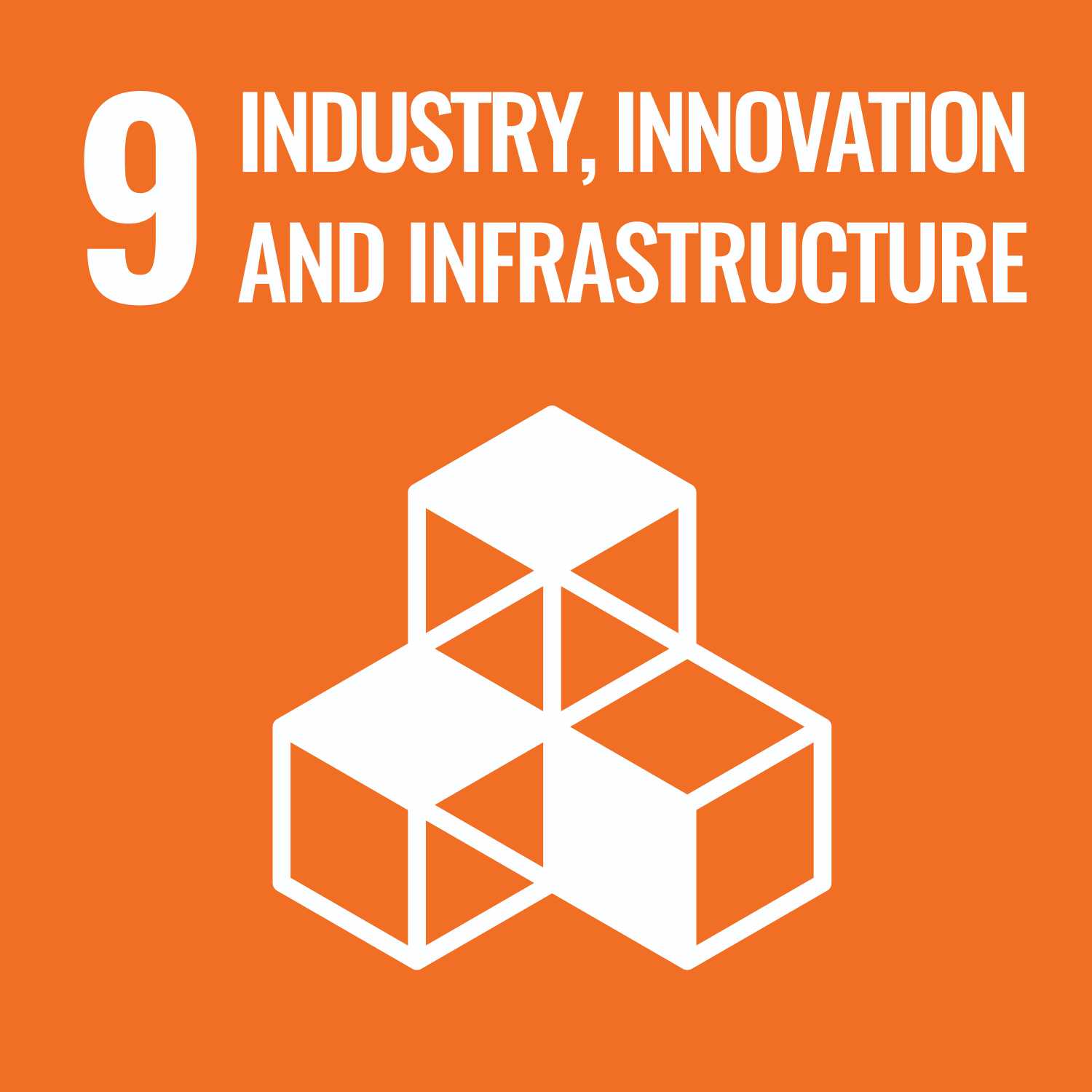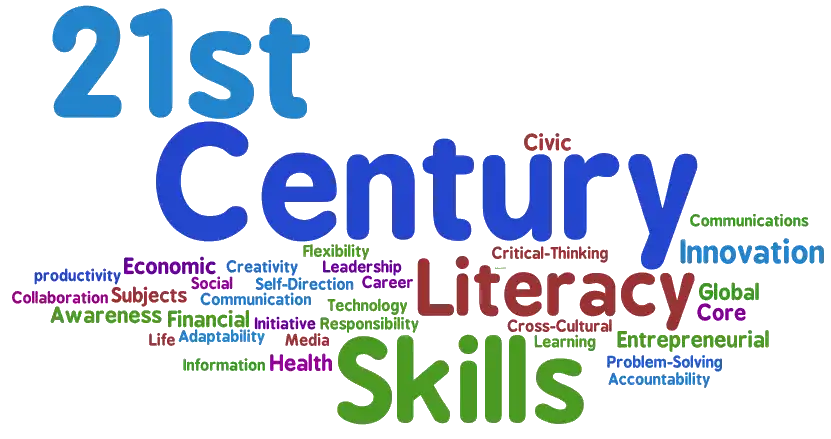

A two-day hands-on course on “Industrial Automation” was organized by Sara Controls and Automation Private Limited to provide students with practical exposure to modern automation systems and their industrial applications. The program aimed to bridge the gap between academic knowledge and real-world industrial practices by introducing participants to the principles and technologies that drive smart automation in manufacturing and production environments.
The course was handled by expert trainers Mr. Santhosh and Ms. Priya, who have extensive experience in industrial automation and embedded system design. A total of 75 students from various engineering disciplines enthusiastically participated in the program.
Objectives of the Course
Introduce students to the fundamentals of industrial automation systems and their significance in modern industries.
Familiarize students with Arduino Uno and Raspberry Pi microcontrollers and their use in automation applications.
Enable participants to develop mini automation projects integrating sensors, actuators, and control logic.
Cultivate teamwork, problem-solving, and system design skills among students through guided practical sessions.
Course Content and Activities
The two-day course was structured to balance theory sessions with hands-on practical activities, ensuring that participants not only understood the concepts but also implemented them through real-time applications.
Day 1: Introduction and Hands-on with Arduino Uno
Overview of industrial automation and control systems.
Introduction to sensors, actuators, and microcontrollers.
Fundamentals of Arduino Uno: architecture, programming environment, and interfacing.
Practical sessions on:
Sensor-based automatic control systems.
Relay and motor control using Arduino.
Basic automation examples (LED control, temperature-based fan system, etc.).
Day 2: Raspberry Pi and Mini Project Development
Introduction to Raspberry Pi and its applications in automation.
Understanding GPIO control and interfacing with industrial devices.
Python programming for automation control logic.
Mini-project development in groups:
Students were divided into small teams to design and implement automation-based projects using either Arduino Uno or Raspberry Pi.
The trainers guided each group through project planning, wiring, coding, testing, and debugging.
Mini Projects Developed
During the course, students successfully designed and implemented four different mini projects, which demonstrated their understanding of automation principles and programming logic. The projects included:
Automated Conveyor System using Arduino Uno – Simulated a production line with sensors and DC motors for item movement and sorting.
Temperature and Humidity Monitoring System using Raspberry Pi – Measured environmental conditions and displayed real-time data.
Smart Lighting System using Arduino Uno – Automated lighting control using motion and light sensors to conserve energy.
Home Automation System using Raspberry Pi – Controlled household devices through web-based or mobile interfaces.
Each project reflected creativity, teamwork, and application of automation techniques relevant to industrial needs.
Outcomes of the Course
By the end of the two-day session, participants were able to:
Understand the basic architecture and working principles of automation systems.
Develop embedded programming skills using Arduino and Raspberry Pi platforms.
Implement sensor-based control mechanisms applicable in industrial environments.
Gain insights into real-time system integration and data acquisition techniques.
Strengthen their team collaboration and problem-solving abilities through mini-projects.
Feedback and Response
The feedback from participants was overwhelmingly positive. Students appreciated the practical orientation, the interactive teaching style of the trainers, and the real-time experience they gained from working with industrial hardware. Many expressed interest in pursuing further learning and project development in the field of automation and IoT.
21st Century Engineering College in Coimbatore
World is transforming everyday. In the rapidly evolving engineering landscape, we have an Increased responsibility to transform the engineering education from traditional curriculum to meet the 21st century skills like Creativity, Critical Thinking, Collaboration and Communication. Through our unique and strategic approach we enable our students to learn beyond and prepare them for life long success.
